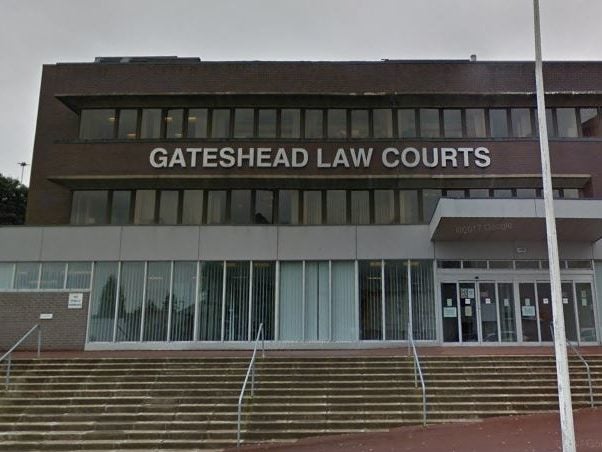
Courts in England and Wales are being reminded to allow journalists to obtain court listings after mistaken attempts to withhold details by wrongly applying new data protection law.
Press Gazette has learned of at least two courts – Gateshead Magistrates’ Court in the North East and Willesden Magistrates’ Court in London – that said General Data Protection Regulation meant they could not supply court lists to the press.
Court lists contain vital information for reporters, including names of defendants, their date of birth, current address and details of the charges against them.
GDPR legislation came into force in May this year as the European Union moved to homogenise data privacy laws across member states and boost protections for all EU citizens. It was passed in the UK as the Data Protection Act.
In an email to journalists on Friday, seen by Press Gazette, the acting leader of Gateshead’s Centralised Listings Team told them they would “no longer receive a court list due to the General Data protection regulations”.
The message added: “HMCTS [HM Courts and Tribunals Service] have now been given guidance that no longer are we to provide the press with a copy of the court lists.”
Among the recipients was blogging site Voice of the North. Writer and media law trainer David Banks was first to raise the issue with his local MP, calling it an “outrageous curtailment of the public’s right to know”.
Similarly, an admin officer at Willesden Mags’ Court told the Evening Standard that GDPR law meant it court could only send out defendants’ names, but no information about birth dates, addresses or charges.
HMCTS, which is part of the Ministry of Justice, has since told Press Gazette that both incidents were the result of a misunderstanding.
A spokesperson said: “We have a clear protocol that allows journalists to obtain court listings which is distributed to all staff.
“That protocol is unaffected by GDPR, and we are reminding courts and tribunal managers of their responsibilities to prevent any repeat of this incident.”
Evening Standard courts correspondent Tristan Kirk said: “It’s vital that court lists continue to be fully available to members of the press so that we can properly cover cases as they happen.
“It’s clearly not HMCTS [policy] to deny media access to court lists on data protection grounds, but it’s a big concern that some staff on the ground are getting this wrong.”
Banks added in a blog post: “Local newspapers which cut staff numbers rather than reduce shareholders’ dividends have slashed resources to the point where manning the judicial press benches is not an option, much less employing full-time courts and councils reporters.
“Little surprise, then, that controlling governments of every political complexion who see media attendance as an unwelcome intrusion should decide that if we, the press, are not going to turn up then they, the politicians, are not going to encourage our participation.”
He also questioned why, when journalists have no more rights than members of the public, court lists were only sent out to “certified members of the press” and not published openly.
Picture: Google Maps
Email pged@pressgazette.co.uk to point out mistakes, provide story tips or send in a letter for publication on our "Letters Page" blog
